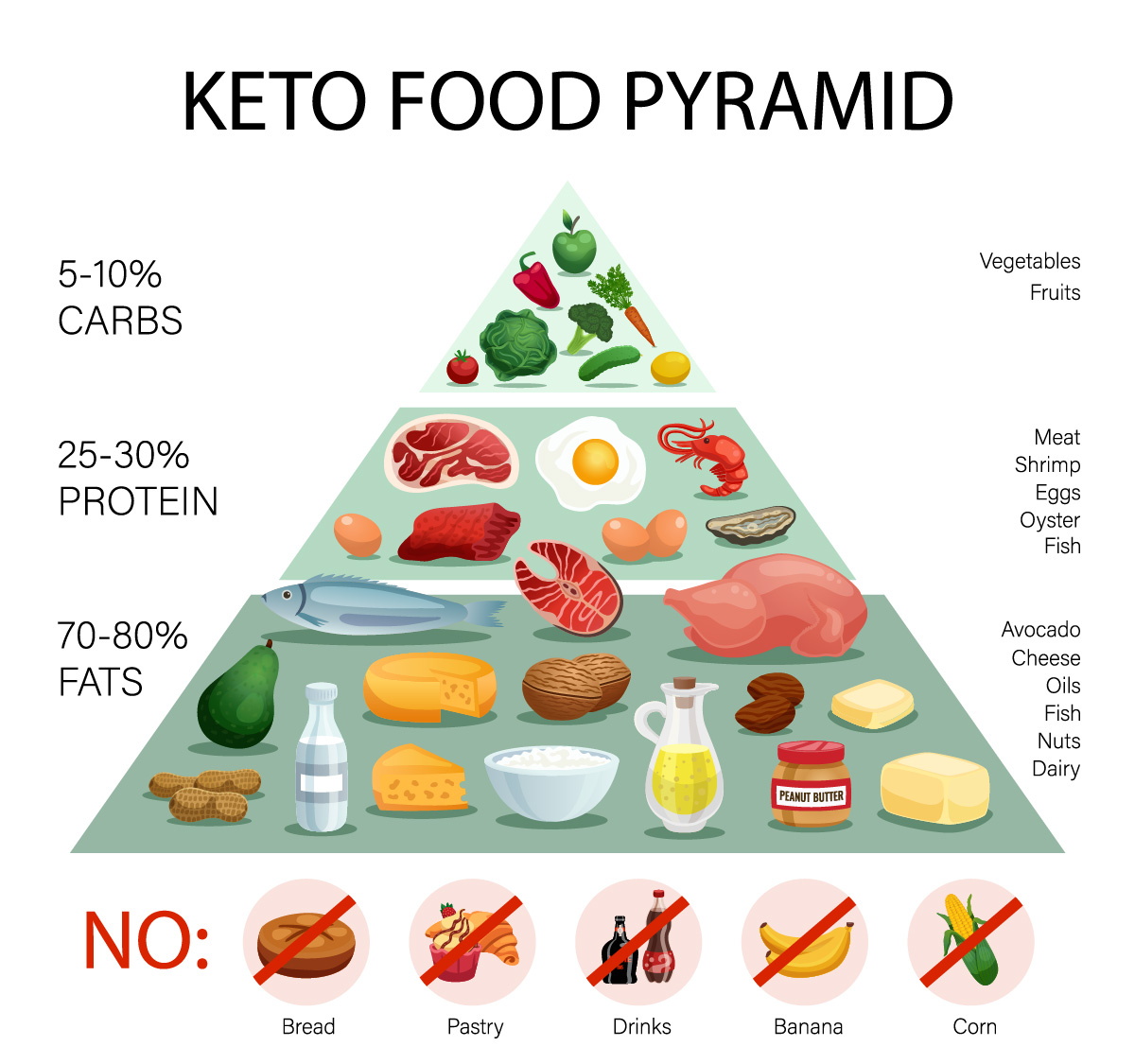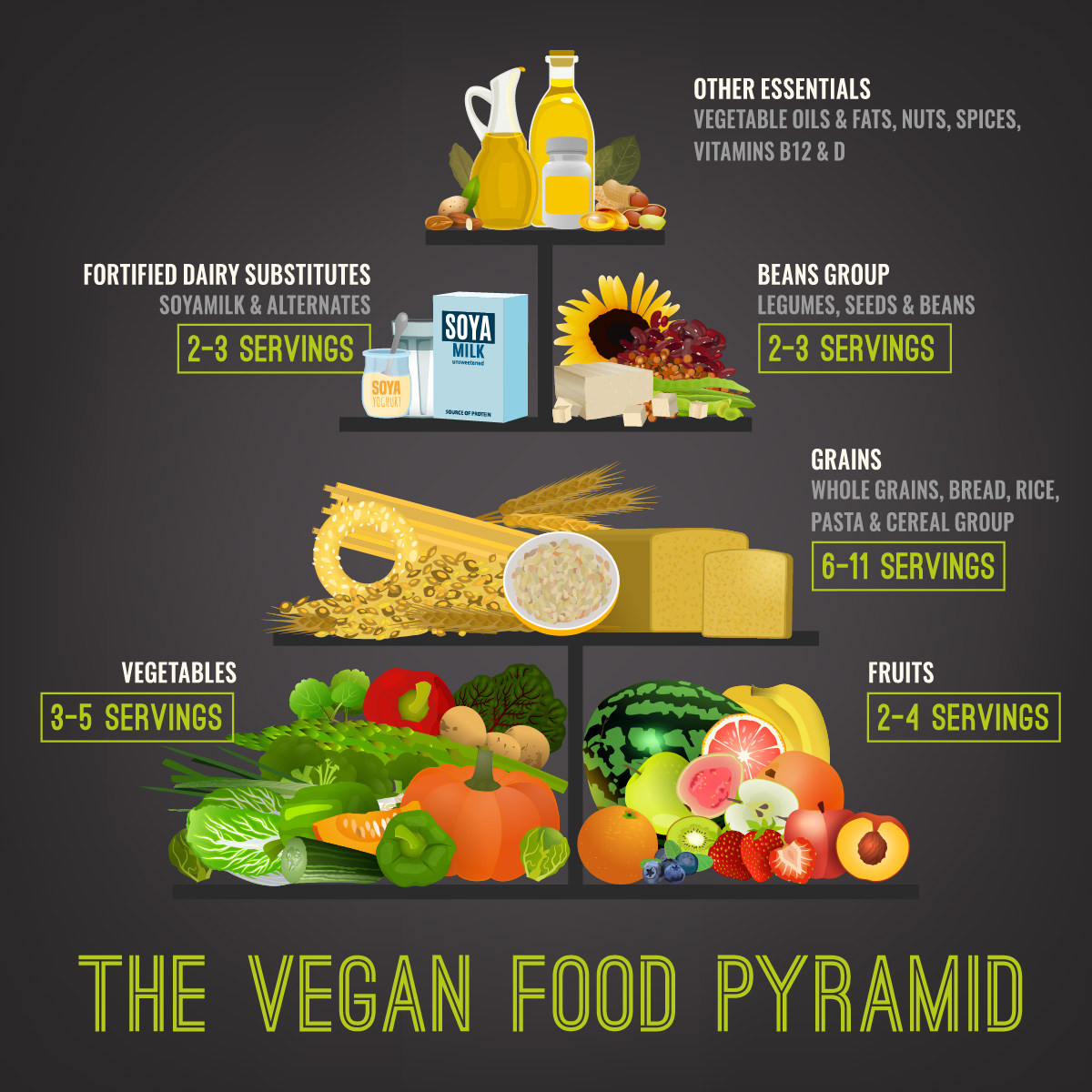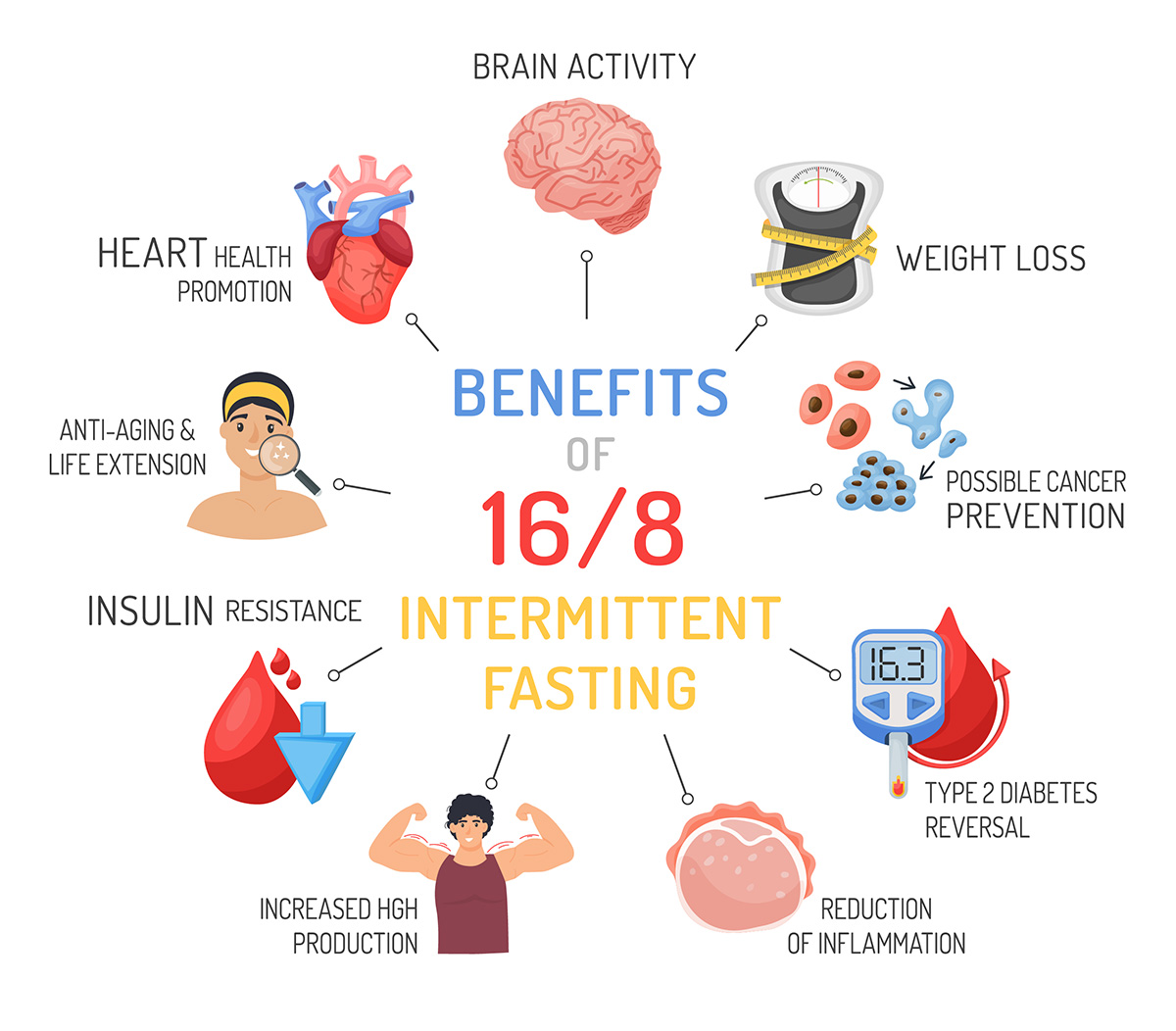
Is There Really an Optimal Diet?
At some point in life, we have all wondered if there is an optimal diet for a healthy life. The word diet implies the use of a specific intake of nutrition for health. Nutrition experts have long debated whether there is an optimal diet that humans evolved to eat. There are diets such as low-carb, whole-food, Mediterranean, Paleo, Keto, Vegetarian, Vegan, and Gluten-free that are scientifically proven to be effective for good health. In this article we explore if there is really an optimal diet?
What Do We Learn from Communities That Live the Longest and the Healthiest?
According to the World Health Organization, health is defined as: “A state of optimal well-being, not merely the absence of disease and infirmity.”
Researchers have looked at the diets, habits and physical activity levels of societies, whose lifestyles are similar to those of ancient populations, which all exhibit generally excellent metabolic health. They have also looked at Blue Zones, places in the world where people live the longest and are the healthiest: Okinawa, Japan; Sardinia, Italy; Nicoya, Costa Rica; Ikaria, Greece, and Loma Linda, California.
Are Fats Bad or Cabs?
You may have heard that cutting out all carbs and loading up on fats is the thing to do. And yet, your doctor suggests lowering your fat intake to improve your cholesterol. So, what is good for health and what is the real culprit for bad health? Is it total calories, carbs, or fats? As you will see below, fats aren’t bad, and carbs aren’t bad either. Let’s understand more by looking at the people living the longest and healthiest.
Can We Have the Highest Life Expectancy on a High Carb Diet?
Okinawans diet is low in fat while high in carbs. Okinawans are famous for highest life expectancy in the world. Their traditional diet is almost 85% carbs, but it is low in calories. Their traditional staple is sweet potato with a small amount of rice, seafood, veg, pork & soy. One can easily conclude that carbs aren’t bad.
But what makes them live long? Okinawans drink alcohol in moderation and generally don’t smoke much. They’re very active people, their calorific intake to output is always in near balance and often net-negative, so they burn a lot of fat. Researchers believe Okinawans live for such a long time because for them every reason to get out of bed – even if it’s only something small – every activity is just as important as eating healthy and exercising.
Are Carbs the Reason for Low Rate of Heart Attack?
The Kitavans, a population on a Melanesian Island just north of Australia, eat a very high carb diet (~70%). They have very low rates of heart attack, stroke, diabetes, and obesity.
Their intake of Western food is negligible. In as study, serum fasting insulin levels were found lower and that partly explains the low prevalence of cardiovascular disease.
How Can Cholesterol be Low on a High Fat Diet?
Maasai of Tanzania eat a diet high in fat. Two thirds of their calories, around 66% comes from fat, a very high milk intake, they consume 600-2000mg cholesterol/day.
But they have low levels of serum cholesterol & no evidence for arteriosclerotic heart disease. Most of the milk is consumed as fermented milk or buttermilk. On that basis it has been frequently suggested that milk contains a “hypocholesterolaemic factor” which lowers the amount of cholesterol in the blood.
Why There is No Cardiovascular Disease on a High Fat Diet with No Plant Food?
Inuit, inhabitants of the Arctic and subarctic regions, traditionally consume 75% of their Calories from fat with virtually no plant food. Their diet is an animal-rich diet, composed of marine and terrestrial mammals (e.g., seal and caribou), as well as wild birds and fish.
Inuit seemed quite healthy with a low incidence of cardiovascular disease. Researchers attributed the low rates to this population’s regular consumption of marine mammals containing omega-3 fatty acids.
How Can Diabetes be Low on a High GI Diet?
Aymara of Chile consume 80% of kcals from high GI (potato).
A study of rural Aymara population found that though the occurrence of obesity and dyslipidemia was relatively high, the prevalence of hypertension was low, and the prevalence of diabetes was much lower. It was also found that high physical activity levels were responsible for the low prevalence of diabetes in the Aymara population.
Is Any One Diet Better than All Others?
Diets are the quantities, proportions, variety, or combination of different foods, drinks, and nutrients, and the frequency with which they are habitually consumed.
Popular diets are Keto, Vegetarian/Vegan, Fasting/Kcal Restriction, Gluten-Free, Paleo, Wholegrains & Legumes and High Protein. Is any diet better than all others? Below we explore the health benefits and the cons of some popular diets.
Keto
Keto diet is all about cutting carbs and eating more fat.
It’s daily breakdown of carbs, protein and fat that includes
- around 5 percent of calories from carbohydrates, including low-carb, non-starchy vegetables, and small amounts of leafy greens,
- around 20 percent of calories from protein such as meat, eggs, and cheese,
- and around 75 percent of calories from fat, such as oils, unprocessed nuts, butter, and avocado.
- The keto diet excludes carb-rich foods like grains, beans, fruits, and starchy vegetables.
Pros
- Keto diet can lead to rapid weight loss, at least in the short-term, but research shows that the weight loss from a ketogenic diet is often not sustained long-term.
- Emerging research also shows that a keto diet may improve glucose control, insulin sensitivity, and could be useful for those with type-2 diabetes.
Cons
- On the flip side, LDL (“bad”) cholesterol could increase on a keto diet, due to high consumption of animal products like meat, cheese, and butter.
Also, because of the stringent food restrictions, many find the keto diet hard to stick to.
Vegan
Vegan diet is a plant-based lifestyle that prohibits the consumption of all animal products.
It excludes all animal products—including meat, seafood, poultry, eggs, and dairy products—and any foods with ingredients from an animal, like gelatin. Some vegans avoid honey too.
Pros
- Vegan diet prioritizes naturally sourced plant-based foods (fruits and vegetables, legumes, and whole grains). Research shows that eating a plant-based diet is linked to longer life and reduced risk of chronic diseases like heart disease and cancer.
- Research also shows that plant-based diets are effective interventions for lowering body mass index, blood pressure, blood sugar (A1c) and cholesterol.
- High intake of fibre gives increased feelings of satiety, and a naturally high carbohydrate diet supports endurance training.
Cons
- It can be difficult to achieve one’s protein requirements without using protein supplements.
- When dieting, especially in athletes, higher protein intakes are advised to promote muscle retention & recovery, combat hunger, and enhance mood.
- Being a vegetarian can lead to some nutrient deficiencies such as vitamin B-12, omega-3 fatty acids, zinc, and Iron.
Intermittent Fasting
Intermittent fasting means that you don’t eat for a period of time each day or week.
This works by prolonging the period when your body has burned through the calories consumed during your last meal and begins burning fat.
There are several ways to perform intermittent fasting. The most popular methods are 5:2, 16-8 and Eat-Stop-Eat.
- In 5:2, you normally eat for five days and restrict your calorie intake to 500 to 600 on two non-successive days in the week.
- In 16-8, you will skip breakfast and restrict eating period to 8 hours.
- In Eat-Stop-Eat, you will fast for 24 hours, either once or twice a week and then eat regularly on non-fasting days.
Pros
- IF reduces insulin resistance and helps in lowering blood sugar levels.
- Gaps between eating boost metabolism, inducing our bodies to break down nutrients and burn calories more efficiently.
- BDNF hormones increase in the brain. This promotes the growth of new neurons and also provides protection against Alzheimer’s disease.
- It has been proven by research that fasting helps reduce LDL cholesterol, blood sugar, inflammatory markers, insulin resistance, and blood triglycerides; all risk factors that contribute to heart disease.
- Perhaps the most noticeable benefit of all, on intermittent fasting you will lose belly fat and visceral fat.
Cons
- As intermittent fasting is a cycle of eating and fasting, the time gap between your 2 meals can make you feel weak.
- It is important to follow this diet under an expert’s guidance with a disciplined regimen of eating healthy food at the right time.
- Long periods of fasting can lower your blood sugar levels and leave you feeling lightheaded, dizzy, with headaches, and/or nausea.
- If you have a medical condition, talk to your doctor to make sure it’s safe to try intermittent fasting.
Conclusion
Every diet has its advantages. There is no single optimal diet for everyone. All over the world there are examples of populations thriving on very different diets.
We conclude that eating a mix of meat, fish and plants, consuming foods that are generally packed with nutrients will form a good diet.
In general, it is good to eat a lot more fiber. Also, as we found in the Blue Zones, most of their carbohydrates come from vegetables and starchy plants with a low glycemic index, meaning they do not lead to rapid spikes in blood sugar.
One thing healthy population have in common is a very high level of physical activity. Many walk between 5 and 10 miles a day. That suggests that a health-conscious person must consider exercise primarily as a way to improve metabolic health.
Please contact me Abhinav Malhotra to learn what I and my team AbhiFit can do for you through personal training and nutrition services. We train kids, teens, adults, elders, athletes and models in Dubai and online across the UAE and around the world. We help our clients achieve their fat loss, weight loss, muscle gain, strength gain, rehab, figure / physique transformation & healthy living goals.
Many female and male clients including kids, teens, adults and elderly people have greatly benefited from Abhinav’s strong experience as the best personal trainer and nutritionist in Dubai, UAE. You can see some of our client transformations here here.
Email your Name and WhatsApp No. to info@abhifit.com if you want to receive a notification whenever we publish a new article.
Get Fit Now!


About Author
Abhinav Malhotra
Abhinav Malhotra is an award-winning personal trainer, coach and sports nutritionist in Dubai, UAE. He also offers online services to clients around the world. A personal trainer par excellence, Abhi has worked with the world’s leading fitness chains, supplement brands and founded his own fitness academy in India. He has achieved successes for many clients from all backgrounds and has trained the Indian Army Rugby Team. He is the first International Kettlebell Sport athlete from India.



